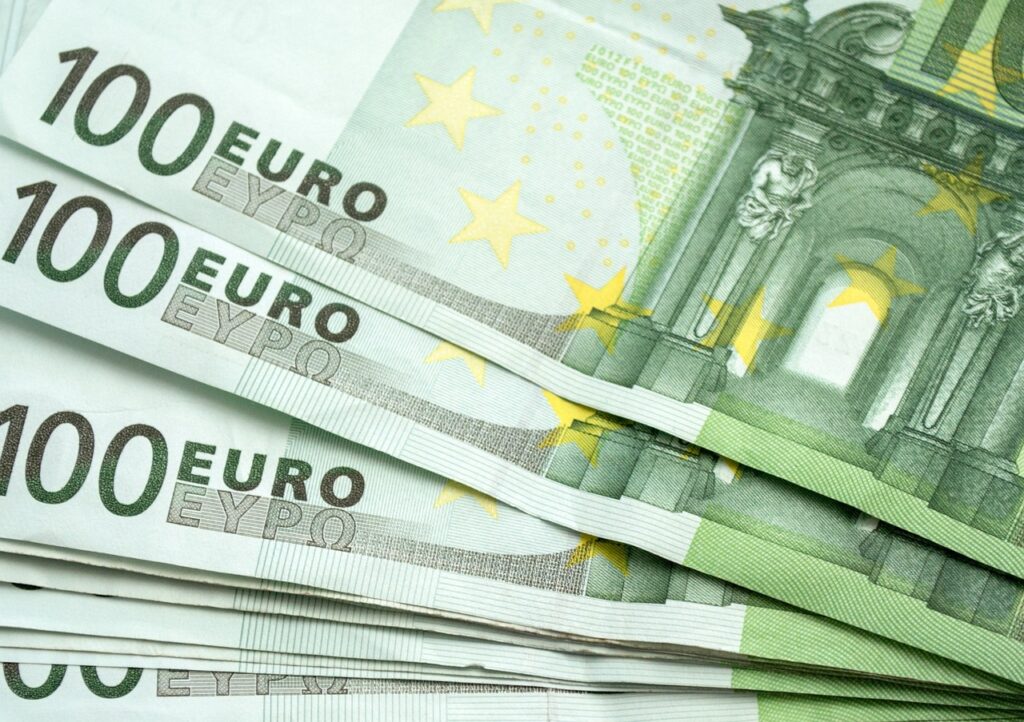Germany and the Netherlands have committed €600 million to a joint tender aimed at jumpstarting renewable hydrogen imports into Northwest Europe.
The initiative, announced during the World Hydrogen Summit in Rotterdam, positions the two countries at the forefront of regional hydrogen market formation while addressing the persistent cost and infrastructure barriers that have stalled global green hydrogen trade.
Under the scheme, international producers of renewable hydrogen will compete to supply the market, while firms based in Germany and the Netherlands will serve as buyers, using the imported hydrogen to decarbonize industrial processes. The bilateral structure is significant: it marks the first time two EU member states have aligned their hydrogen import strategies through a shared procurement mechanism.
Central to the initiative is H2Global, a public-private partnership first established by Germany in 2021 to bridge the price gap between high-cost green hydrogen imports and what domestic buyers are willing to pay. The German foundation’s execution arm, Hintco, will manage the tender process, contracting with hydrogen producers and reselling to European end users under long-term fixed-price agreements. This contract-for-difference model mitigates price volatility and provides revenue certainty to exporters—an essential condition for project bankability in emerging hydrogen-exporting regions.
While the €600 million figure is modest relative to the capital requirements of large-scale hydrogen infrastructure, it signals a coordinated policy direction. The Netherlands has acknowledged that domestic production alone will not meet its projected hydrogen demand, estimated at 20 to 25 TWh by 2030. Germany, facing similar shortfalls, has likewise identified import dependency as a central challenge in its updated hydrogen strategy, which anticipates at least 50% of its hydrogen consumption being met through imports.
The joint tender also comes at a time when hydrogen developers are seeking clarity on demand signals and pricing support. Earlier EU-level initiatives, such as the European Hydrogen Bank, have provided early-stage subsidies for local production, but have yet to establish a stable trading framework for imports. By contrast, the Dutch-German tender brings forward both public financing and market access, creating a more tangible incentive for global producers—especially in regions with high renewable potential such as the Middle East, North Africa, and Latin America.
For now, the €600 million offer may be less about market volume than about demonstrating political will and building commercial confidence. In a sector where offtake agreements and scale-up timelines are persistently out of sync, that signal alone could help catalyze a fragile but critical inflection point.
Stay updated on the latest in energy! Follow us on LinkedIn, Facebook, and X for real-time news and insights. Don’t miss out on exclusive interviews and webinars—subscribe to our YouTube channel today! Join our community and be part of the conversation shaping the future of energy.
